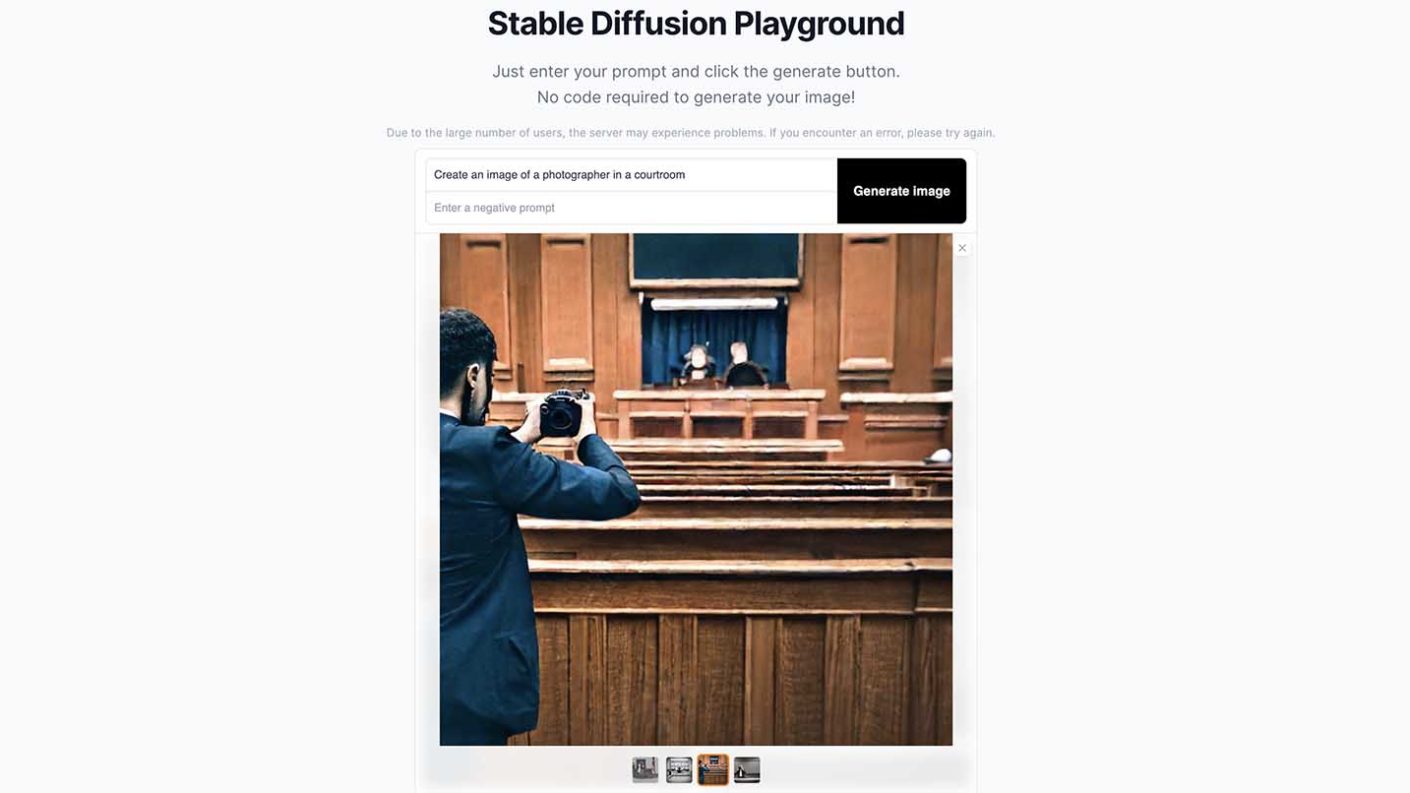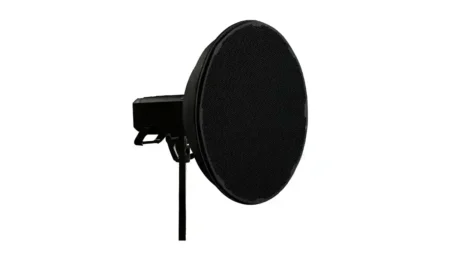Getty Images has announced legal proceedings against AI image generator Stability AI, claiming that the firm processed ‘millions’ of images from its library to train its AI.
Getty claims that Stability AI illegally used millions of images from its archive to train its Stable Diffusion image generator and should have paid licensing fees.
Getty Images clarified its decision to open legal proceedings at London’s High Court of Justice:
This week Getty Images commenced legal proceedings in the High Court of Justice in London against Stability AI claiming Stability AI infringed intellectual property rights including copyright in content owned or represented by Getty Images. It is Getty Images’ position that Stability AI unlawfully copied and processed millions of images protected by copyright and the associated metadata owned or represented by Getty Images absent a license to benefit Stability AI’s commercial interests and to the detriment of the content creators.
Getty Images believes artificial intelligence has the potential to stimulate creative endeavors. Accordingly, Getty Images provided licenses to leading technology innovators for purposes related to training artificial intelligence systems in a manner that respects personal and intellectual property rights. Stability AI did not seek any such license from Getty Images and instead, we believe, chose to ignore viable licensing options and long‑standing legal protections in pursuit of their stand‑alone commercial interests.
In potentially damaging evidence, The Verge has published images it created using Stable Diffusion, which shows the familiar Getty Images watermark. What’s more, further analysis has shown that Stability AI’s technology uses a large amount of content from Getty and other stock image sites.
The potential lawsuit raises many questions about the future of AI in photography and how AI art tools like Stable Diffusion will move forward when their development depends on the use of human-created imagery. Stability AI has said that photographers will be able to opt out of Stable Diffusion going forward, but many experts believe this isn’t going far enough.
No date has been set yet for the proceedings.



